On May 27, 2021 the Department of Homeland Security’s (DHS) Transportation Security Administration (TSA) announced a Security Directive that will enable the department to better identify, protect against and respond to cybersecurity threats to critical companies in the pipeline sector. This is in direct response to the ransomware attack on Colonial Pipeline last month which lead to fuel shortages in multiple states.
“The cybersecurity landscape is constantly evolving and we must adapt to address new and emerging threats,” said Secretary of Homeland Security Alejandro N. Mayorkas. “The recent ransomware attack on a major petroleum pipeline demonstrates that the cybersecurity of pipeline systems is critical to our homeland security. DHS will continue to work closely with our private sector partners to support their operations and increase the resilience of our nation’s critical infrastructure.”
The Security Directive requires critical pipeline owners and operators
To report confirmed and potential cybersecurity incidents to the DHS Cybersecurity and Infrastructure Security Agency (CISA) and to designate a Cybersecurity Coordinator, to be available 24 hours a day, seven days a week. It also requires critical pipeline owners and operators to evaluate their current cybersecurity programs as well as to identify any gaps and develop remediation measures and to report the results to TSA and CISA within 30 days.
In the wake of the Colonial attack, federal officials cited the need for cybersecurity regulatory standards (as opposed to guidelines) for pipeline operators, similar to other more highly regulated sectors such as electricity and water.
DHS stated it is applying this directive to pipelines designated by the TSA a “critical” across the nation, and that financial penalties would be imposed, to ramp up on a daily basis, for companies that do not comply with the directive. They stressed that the directive represented “step one” and would be “followed by more” actions from the Biden administration in the future to secure pipelines against cyber threats.
Next Steps – TRC Can Help:
Learn more about TRC’s support services related to Required Action E of Security Directive Pipeline-2021-01 such as gap assessments via the recommendations, reporting, procedure and practice reviews and updates. TSA Pipeline Cybersecurity Services
This action is step one and will be followed by more actions, mandatory measures and requirements from TSA to further support the pipeline industry against cyber threats by enhancing its cybersecurity and to strengthen the public-private partnership so critical to our nation. Learn more about TRC’s Physical and Cyber Security Services


For more information on how TRC can help
Please contact Charles E. Venditti, PE, PMP; Pipeline Integrity Manager at
CVenditti@TRCCompanies.com.
Related Materials
 TSA Pipeline Cybersecurity Services
TSA Pipeline Cybersecurity Services
Publié juin 2, 2021
 DHS Announcement on New Cybersecurity Requirements for Critical Pipeline Owners and Operators
DHS Announcement on New Cybersecurity Requirements for Critical Pipeline Owners and Operators
Publié
Partager nos perspectives
Nos praticiens partagent leurs idées et leurs points de vue sur les tendances et les défis qui façonnent le marché.
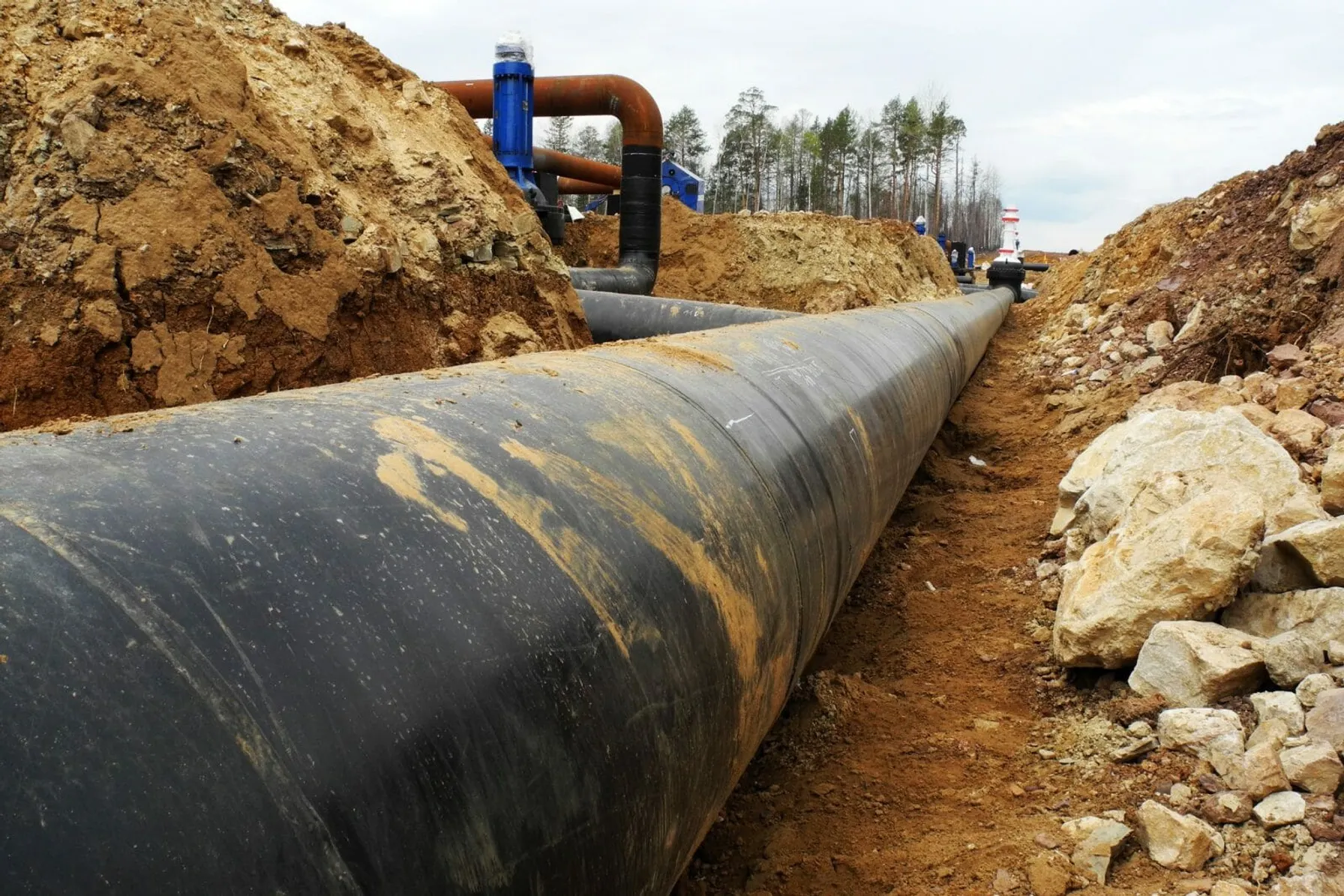
Targeting Perfection in the Construction and Operation of Pipelines
octobre 18, 2019
To have an impact on the delivery or operation of a pipeline, it’s vital to eliminate the intra- and inter-company barriers, including those in the areas of communications, culture and technology.

How Much Does Operator Qualification Matter for In-Line Inspection of Pipelines?
octobre 9, 2019
Successful pipeline inspectors and analysts need more than just the right certifications. Even more important is proper experience and on-the-job training.

PHMSA Publishes New Rules to Increase the Safety of Hazardous Liquid Pipelines and Gas Transmission Pipelines
septembre 25, 2019
The Pipeline and Hazardous Materials Safety Administration this week published important new rules aimed at improving pipeline safety.

Budgeting to Quality: Construction Project Mistakes & How to Fix Them
avril 9, 2025
Managing a construction project is a challenging job that involves careful planning, coordination and problem-solving. Small mistakes cause delays, increase costs, or create safety issues. Learn more about how to avoid some of the most common mistakes in construction management so your projects stay on track and within budget.

PHMSA Bulletin Outlines New Safety Management Advice
mars 28, 2025
Cybersecurity threats to the Bulk Electric System (BES) are escalating, with attackers continuously evolving their tactics to target critical infrastructure.

The Power of Precision: Quality Control Tactics for Utility Construction Success
février 14, 2025
In today’s digital age, data centers form the backbone of cloud computing, artificial intelligence and the vast array of digital services we rely on daily. As the demand for data centers rises, companies are racing to expand these facilities.
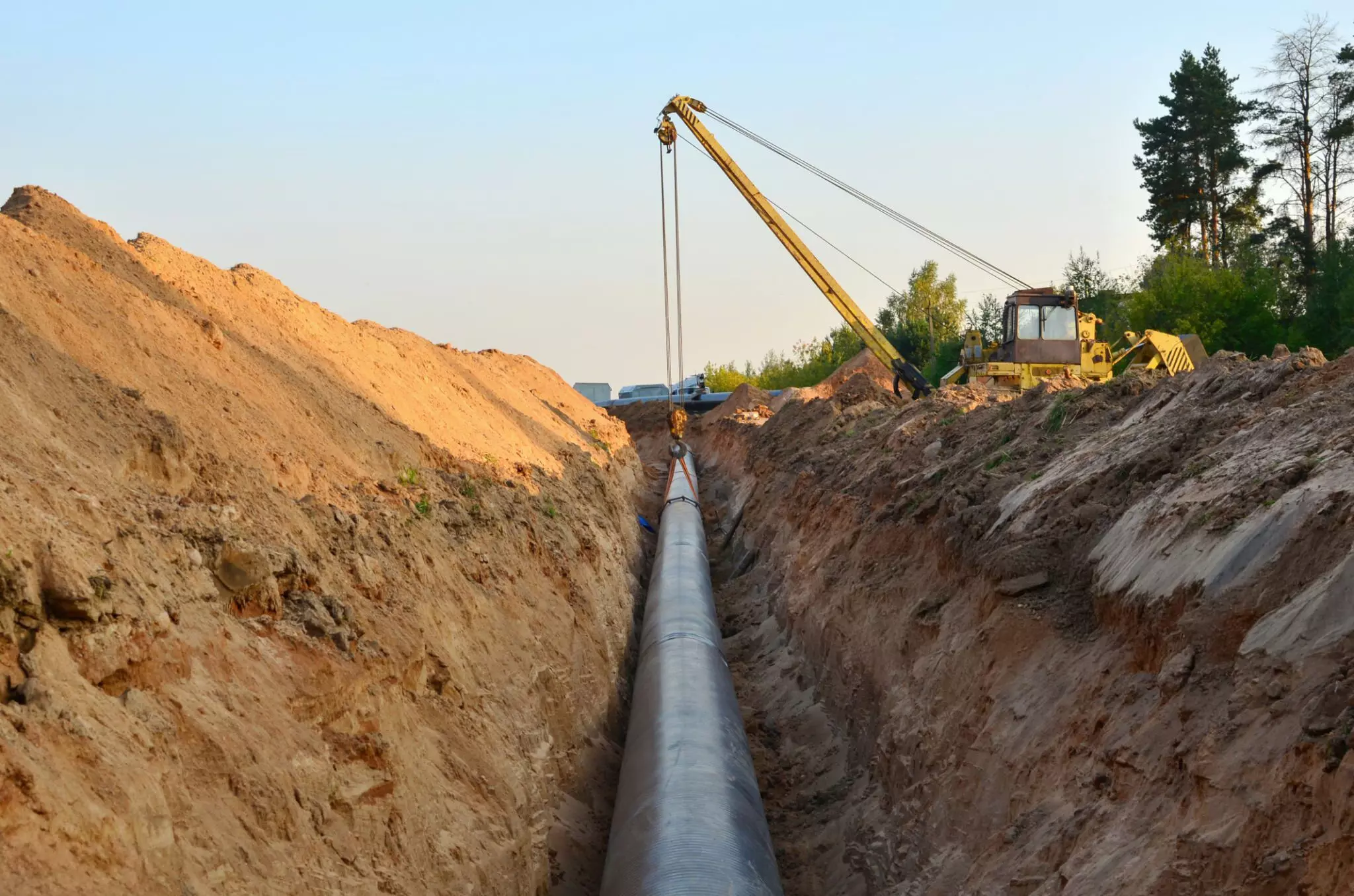
Enhancing Pipeline Integrity: HVAC/DC Interference Studies and Electromagnetic Fields (EMF) Analysis
janvier 15, 2025
The increasing presence of HVAC/DC transmission lines in modern power infrastructure has raised concerns about their impact on pipeline integrity. These systems, often co-located within shared corridors, generate electromagnetic fields (EMF) that introduce significant risks such as accelerated corrosion, equipment failures and safety hazards. Addressing HVAC/DC interference is now essential for ensuring long-term pipeline reliability and personnel safety.

The Importance of Effective Construction Management in Data Centers
janvier 7, 2025
In today’s digital age, data centers form the backbone of cloud computing, artificial intelligence and the vast array of digital services we rely on daily. As the demand for data centers rises, companies are racing to expand these facilities.

Comprendre l’évaluation critique technique : Guide de l’intégrité des pipelines
octobre 4, 2024
Il est essentiel d’assurer l’intégrité des pipelines dans des industries comme le transport du pétrole, du gaz et de l’eau. L’un des principaux outils utilisés pour évaluer et maintenir la santé des pipelines est l’évaluation critique technique (ECA).

Planning for Construction Project Success: Common Challenges and How to Overcome Them
septembre 19, 2024
Construction project planning and scheduling are critical but complex processes that can lead to delays, cost overruns and quality issues. Success requires proper stakeholder communication, resource management, safety prioritization, regulatory compliance and innovative tools and techniques throughout the project’s life, from start to completion.

L’équipe d’intégrité de la CVR s’agrandit !
mai 6, 2024
Les douze derniers mois ont apporté des changements positifs à l’équipe d’intégrité des pipelines de TRC. Plusieurs experts de l’industrie ont rejoint usas nous continuons à répondre aux besoins techniques et de conformité de l’industrie.

L’EPA publie des règlements sur les émissions des réservoirs du secteur pétrolier et gazier naturel
avril 30, 2024
Les exploitants de cuves de stockage ou de batteries-citernes doivent réduire leurs émissions de 95 %.

Meilleures pratiques pour la conformité des pipelines : Conseils pour garder votre système en échec
novembre 28, 2023
Les réseaux de pipelines qui transportent des millions de gallons de liquides ou des milliards de pieds cubes standard de gaz par jour nécessitent une planification minutieuse et une supervision constante pour fonctionner sans heurts.
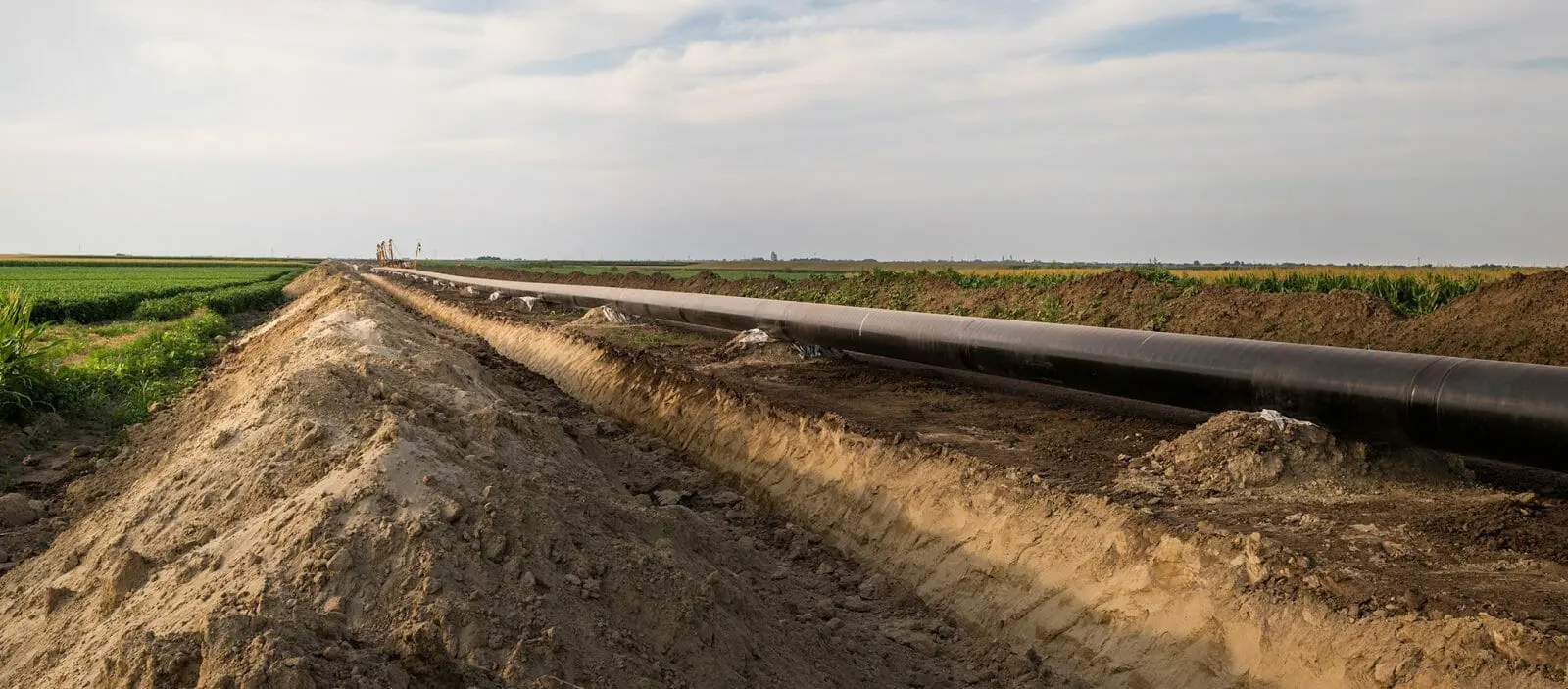
Ligne d’arrivée en vue d’une refonte de la réglementation
novembre 22, 2023
L’INOGA travaille avec le département des ressources naturelles de l’Indiana pour améliorer la réglementation au niveau de l’État.

Hydrostatic Pipeline Testing
septembre 5, 2023
Learn about pipeline hydrostatic testing, explore the benefits of third-party hydrotesting and see how TRC can support your project’s success.

PHMSA Gas Transmission RIN2 Rule Now Effective
juillet 24, 2023
TRC summarizes the revised or added sections of RIN2.

PHMSA Releases Proposed Rulemaking for Pipeline Safety and Gas Pipeline Leak Detection and Repair
juin 15, 2023
TRC explains the Proposed Rulemaking for Pipeline Safety and Gas Pipeline Leak Detection and Repair

PHMSA Issues Gas Gathering Final Rule Summary & Requirements
novembre 30, 2021
PHMSA announced that they issued a final rule that significantly expands Federal pipeline safety oversight to all onshore gas gathering pipelines.

TRC and T.D. Williamson Partner to Provide Safe, Innovative and Cost-Saving Services to Pipeline Operators
juillet 18, 2021
TRC is teaming with T.D. Williamson to help oil and gas clients navigate the compliance issues surrounding PHMSA’s upcoming Gas Mega Rule.
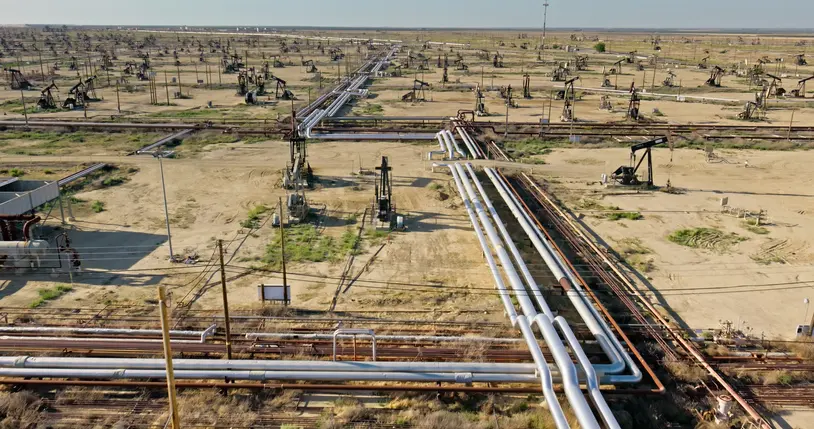
PHMSA Protecting our Infrastructure of Pipelines and Enhancing Safety (PIPES) Act of 2020
juin 11, 2021
PHMSA announced it has submitted an advisory bulletin underscoring to pipeline and pipeline facility operators requirements to minimize methane emissions.

DHS Announces New Cybersecurity Requirements for Critical Pipeline Owners and Operators
juin 3, 2021
The Security Directive will require critical pipeline owners and operators to report confirmed and potential cybersecurity incidents.

World Pipelines Integrity 2021 Keynote Presentation
mai 25, 2021
Watch TRC’s Mike LaMont deliver the keynote presentation “Uncomfortable Yet?” at the World Pipelines Integrity 2021 conference.

The View on Climate Change has Changed in Washington
mars 1, 2021
The Biden Administration signals both a renewed and accelerated focus on climate change.

Environmental Compliance Key for Transloading Success
février 24, 2021
Transloading projects that support the transfer of oil from truck to rail and vice versa are an increasing growth opportunity for the rail industry. However, since transfer requires the handling of the goods, transloading can be expensive, and the risk of damage and spills is high.
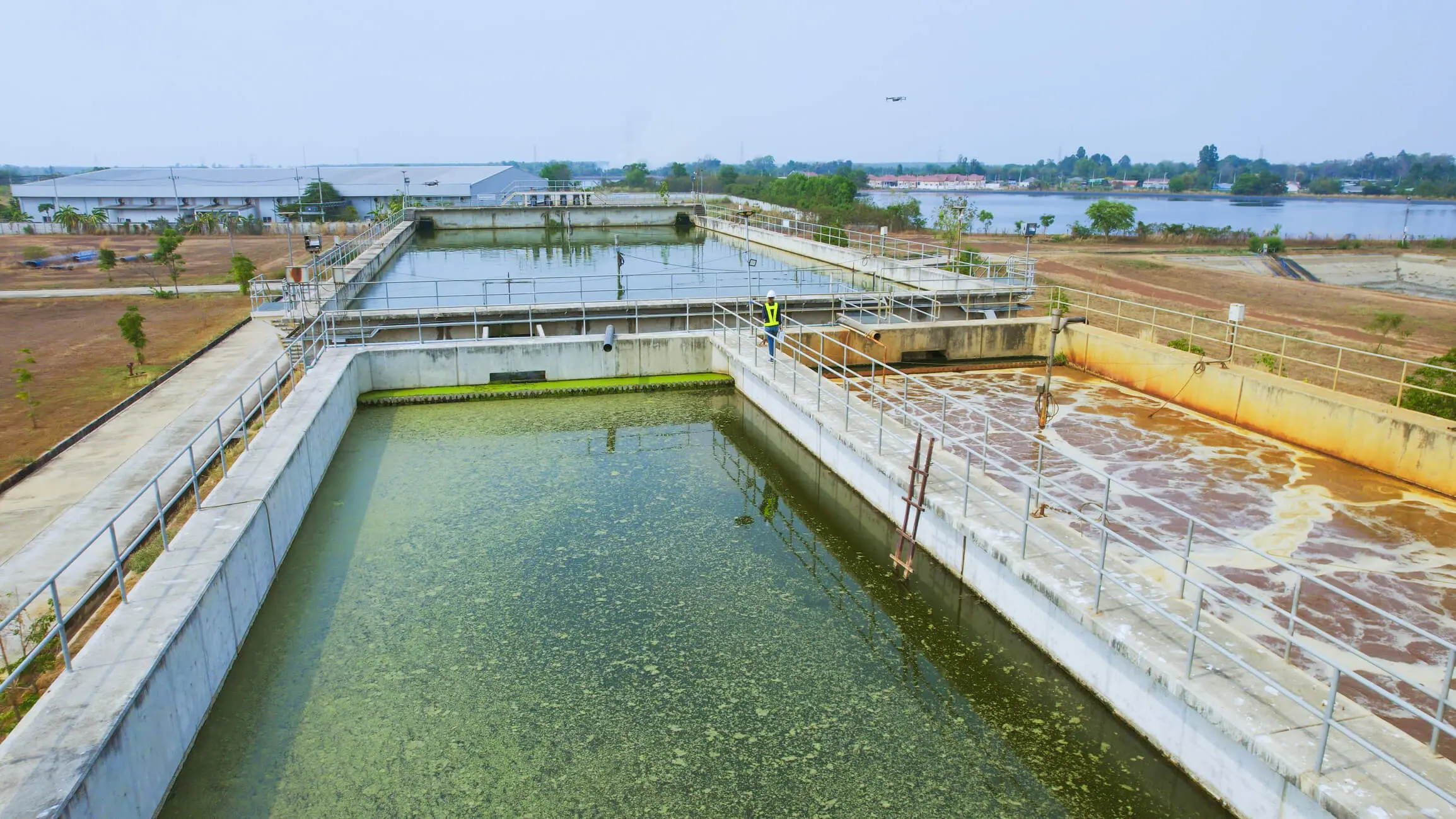
TCEQ to Assume Oil and Gas Wastewater Permitting from RRC
janvier 11, 2021
Historically, the Railroad Commission of Texas has been responsible for wastewater permitting of upstream oil and gas facilities under a Memorandum of Understanding with the Texas Commission on Environmental Quality.

TRC Companies Welcomes New Power Sector President Ed Myszka
septembre 2, 2020
Myszka brings over 30 years of innovation, market development and operations experience to TRC.
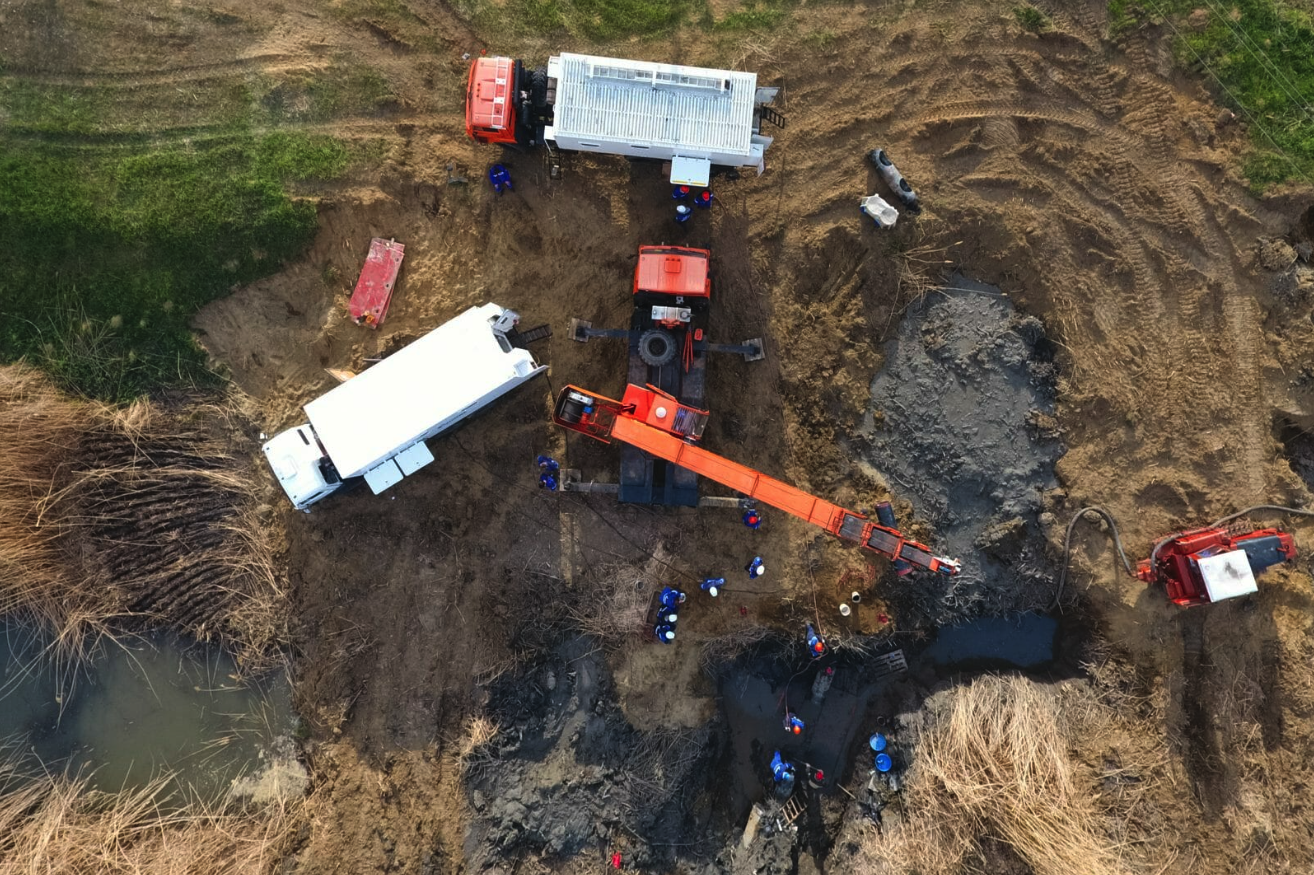
Integrity Dig Integrated Services
août 4, 2020
Our Integrity Engineers, Surveyors, Right-of-Way Experts and Environmental Scientists are well-versed in all phases of integrity dig programs from preparing the pipeline for a tool run, interpreting results, verifying proper repair procedures and obtaining federal and state environmental approvals. Our team includes former pipeline operators, survey experts, PHMSA and environmental regulators and trainers. We developed the current ILI training curriculum for PHMSA’s training program.

INGAA Foundation Interview with Lauren O’Donnell
juin 22, 2020
TRC’s own Lauren O’Donnell is currently the elected Chair of the INGAA Foundation. The Foundation’s primary activity is to sponsor research aimed at promoting natural gas use and safe, efficient pipeline construction and operation.

INGAA Foundation Elects TRC’s Lauren O’Donnell as Chair
février 5, 2020
The board of directors of the INGAA Foundation elected Lauren O’Donnell as its chair for a one-year term.
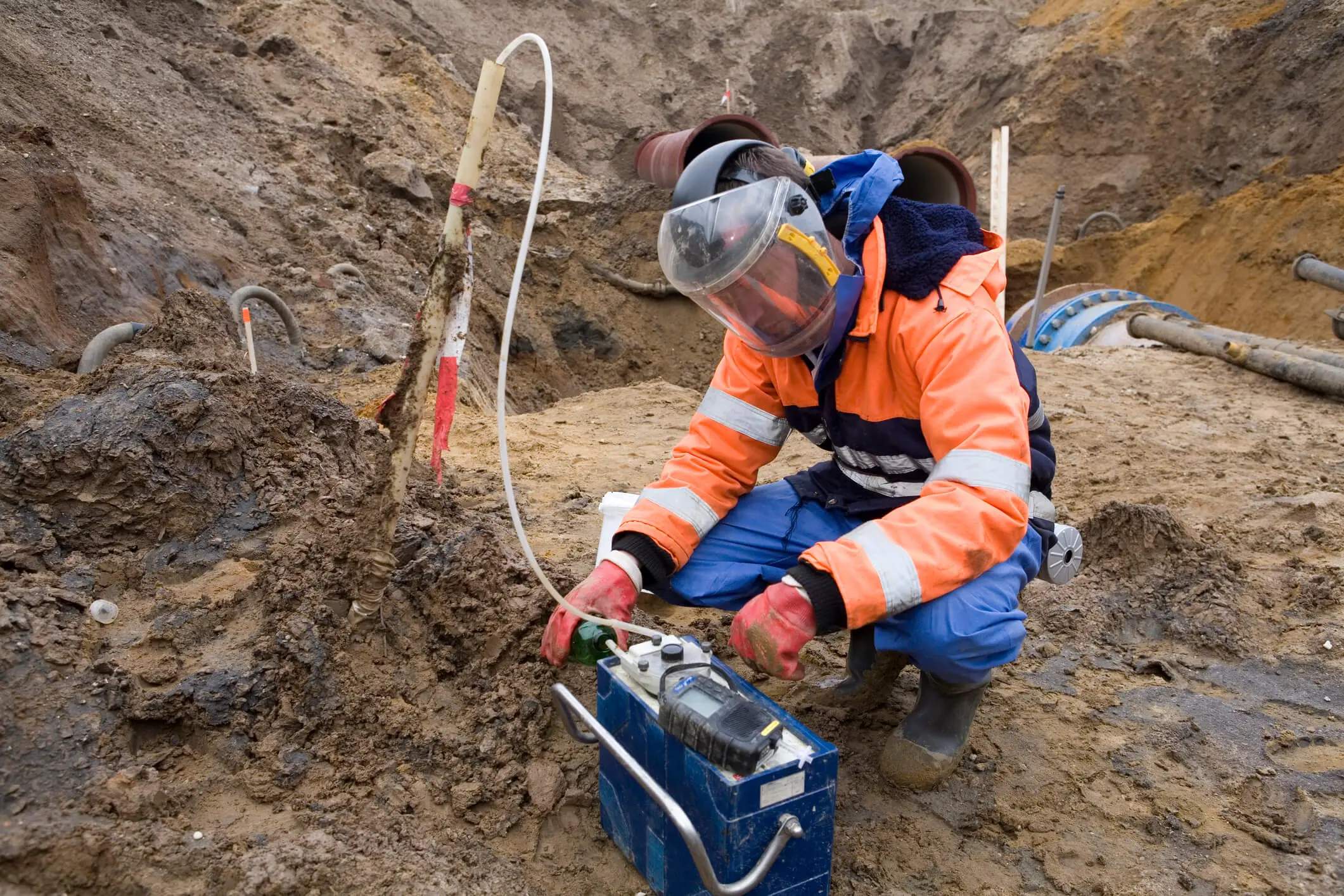
Pourquoi les tests de résistivité du sol sont-ils importants pour la conception de la protection cathodique ?
janvier 16, 2020
Pourquoi les tests de résistivité du sol sont-ils importants pour la conception de la protection cathodique ?

Targeting Perfection in the Construction and Operation of Pipelines
octobre 18, 2019
To have an impact on the delivery or operation of a pipeline, it’s vital to eliminate the intra- and inter-company barriers, including those in the areas of communications, culture and technology.

How Much Does Operator Qualification Matter for In-Line Inspection of Pipelines?
octobre 9, 2019
Successful pipeline inspectors and analysts need more than just the right certifications. Even more important is proper experience and on-the-job training.

PHMSA Publishes New Rules to Increase the Safety of Hazardous Liquid Pipelines and Gas Transmission Pipelines
septembre 25, 2019
The Pipeline and Hazardous Materials Safety Administration this week published important new rules aimed at improving pipeline safety.

Budgeting to Quality: Construction Project Mistakes & How to Fix Them
avril 9, 2025
Managing a construction project is a challenging job that involves careful planning, coordination and problem-solving. Small mistakes cause delays, increase costs, or create safety issues. Learn more about how to avoid some of the most common mistakes in construction management so your projects stay on track and within budget.

PHMSA Bulletin Outlines New Safety Management Advice
mars 28, 2025
Cybersecurity threats to the Bulk Electric System (BES) are escalating, with attackers continuously evolving their tactics to target critical infrastructure.

The Power of Precision: Quality Control Tactics for Utility Construction Success
février 14, 2025
In today’s digital age, data centers form the backbone of cloud computing, artificial intelligence and the vast array of digital services we rely on daily. As the demand for data centers rises, companies are racing to expand these facilities.

Enhancing Pipeline Integrity: HVAC/DC Interference Studies and Electromagnetic Fields (EMF) Analysis
janvier 15, 2025
The increasing presence of HVAC/DC transmission lines in modern power infrastructure has raised concerns about their impact on pipeline integrity. These systems, often co-located within shared corridors, generate electromagnetic fields (EMF) that introduce significant risks such as accelerated corrosion, equipment failures and safety hazards. Addressing HVAC/DC interference is now essential for ensuring long-term pipeline reliability and personnel safety.

The Importance of Effective Construction Management in Data Centers
janvier 7, 2025
In today’s digital age, data centers form the backbone of cloud computing, artificial intelligence and the vast array of digital services we rely on daily. As the demand for data centers rises, companies are racing to expand these facilities.

Comprendre l’évaluation critique technique : Guide de l’intégrité des pipelines
octobre 4, 2024
Il est essentiel d’assurer l’intégrité des pipelines dans des industries comme le transport du pétrole, du gaz et de l’eau. L’un des principaux outils utilisés pour évaluer et maintenir la santé des pipelines est l’évaluation critique technique (ECA).

Planning for Construction Project Success: Common Challenges and How to Overcome Them
septembre 19, 2024
Construction project planning and scheduling are critical but complex processes that can lead to delays, cost overruns and quality issues. Success requires proper stakeholder communication, resource management, safety prioritization, regulatory compliance and innovative tools and techniques throughout the project’s life, from start to completion.

L’équipe d’intégrité de la CVR s’agrandit !
mai 6, 2024
Les douze derniers mois ont apporté des changements positifs à l’équipe d’intégrité des pipelines de TRC. Plusieurs experts de l’industrie ont rejoint usas nous continuons à répondre aux besoins techniques et de conformité de l’industrie.

L’EPA publie des règlements sur les émissions des réservoirs du secteur pétrolier et gazier naturel
avril 30, 2024
Les exploitants de cuves de stockage ou de batteries-citernes doivent réduire leurs émissions de 95 %.

Meilleures pratiques pour la conformité des pipelines : Conseils pour garder votre système en échec
novembre 28, 2023
Les réseaux de pipelines qui transportent des millions de gallons de liquides ou des milliards de pieds cubes standard de gaz par jour nécessitent une planification minutieuse et une supervision constante pour fonctionner sans heurts.

Ligne d’arrivée en vue d’une refonte de la réglementation
novembre 22, 2023
L’INOGA travaille avec le département des ressources naturelles de l’Indiana pour améliorer la réglementation au niveau de l’État.

Hydrostatic Pipeline Testing
septembre 5, 2023
Learn about pipeline hydrostatic testing, explore the benefits of third-party hydrotesting and see how TRC can support your project’s success.

PHMSA Gas Transmission RIN2 Rule Now Effective
juillet 24, 2023
TRC summarizes the revised or added sections of RIN2.

PHMSA Releases Proposed Rulemaking for Pipeline Safety and Gas Pipeline Leak Detection and Repair
juin 15, 2023
TRC explains the Proposed Rulemaking for Pipeline Safety and Gas Pipeline Leak Detection and Repair

PHMSA Issues Gas Gathering Final Rule Summary & Requirements
novembre 30, 2021
PHMSA announced that they issued a final rule that significantly expands Federal pipeline safety oversight to all onshore gas gathering pipelines.

TRC and T.D. Williamson Partner to Provide Safe, Innovative and Cost-Saving Services to Pipeline Operators
juillet 18, 2021
TRC is teaming with T.D. Williamson to help oil and gas clients navigate the compliance issues surrounding PHMSA’s upcoming Gas Mega Rule.

PHMSA Protecting our Infrastructure of Pipelines and Enhancing Safety (PIPES) Act of 2020
juin 11, 2021
PHMSA announced it has submitted an advisory bulletin underscoring to pipeline and pipeline facility operators requirements to minimize methane emissions.

DHS Announces New Cybersecurity Requirements for Critical Pipeline Owners and Operators
juin 3, 2021
The Security Directive will require critical pipeline owners and operators to report confirmed and potential cybersecurity incidents.

World Pipelines Integrity 2021 Keynote Presentation
mai 25, 2021
Watch TRC’s Mike LaMont deliver the keynote presentation “Uncomfortable Yet?” at the World Pipelines Integrity 2021 conference.

The View on Climate Change has Changed in Washington
mars 1, 2021
The Biden Administration signals both a renewed and accelerated focus on climate change.

Environmental Compliance Key for Transloading Success
février 24, 2021
Transloading projects that support the transfer of oil from truck to rail and vice versa are an increasing growth opportunity for the rail industry. However, since transfer requires the handling of the goods, transloading can be expensive, and the risk of damage and spills is high.

TCEQ to Assume Oil and Gas Wastewater Permitting from RRC
janvier 11, 2021
Historically, the Railroad Commission of Texas has been responsible for wastewater permitting of upstream oil and gas facilities under a Memorandum of Understanding with the Texas Commission on Environmental Quality.

TRC Companies Welcomes New Power Sector President Ed Myszka
septembre 2, 2020
Myszka brings over 30 years of innovation, market development and operations experience to TRC.

Integrity Dig Integrated Services
août 4, 2020
Our Integrity Engineers, Surveyors, Right-of-Way Experts and Environmental Scientists are well-versed in all phases of integrity dig programs from preparing the pipeline for a tool run, interpreting results, verifying proper repair procedures and obtaining federal and state environmental approvals. Our team includes former pipeline operators, survey experts, PHMSA and environmental regulators and trainers. We developed the current ILI training curriculum for PHMSA’s training program.

INGAA Foundation Interview with Lauren O’Donnell
juin 22, 2020
TRC’s own Lauren O’Donnell is currently the elected Chair of the INGAA Foundation. The Foundation’s primary activity is to sponsor research aimed at promoting natural gas use and safe, efficient pipeline construction and operation.

INGAA Foundation Elects TRC’s Lauren O’Donnell as Chair
février 5, 2020
The board of directors of the INGAA Foundation elected Lauren O’Donnell as its chair for a one-year term.

Pourquoi les tests de résistivité du sol sont-ils importants pour la conception de la protection cathodique ?
janvier 16, 2020
Pourquoi les tests de résistivité du sol sont-ils importants pour la conception de la protection cathodique ?

Targeting Perfection in the Construction and Operation of Pipelines
octobre 18, 2019
To have an impact on the delivery or operation of a pipeline, it’s vital to eliminate the intra- and inter-company barriers, including those in the areas of communications, culture and technology.

How Much Does Operator Qualification Matter for In-Line Inspection of Pipelines?
octobre 9, 2019
Successful pipeline inspectors and analysts need more than just the right certifications. Even more important is proper experience and on-the-job training.

PHMSA Publishes New Rules to Increase the Safety of Hazardous Liquid Pipelines and Gas Transmission Pipelines
septembre 25, 2019
The Pipeline and Hazardous Materials Safety Administration this week published important new rules aimed at improving pipeline safety.

